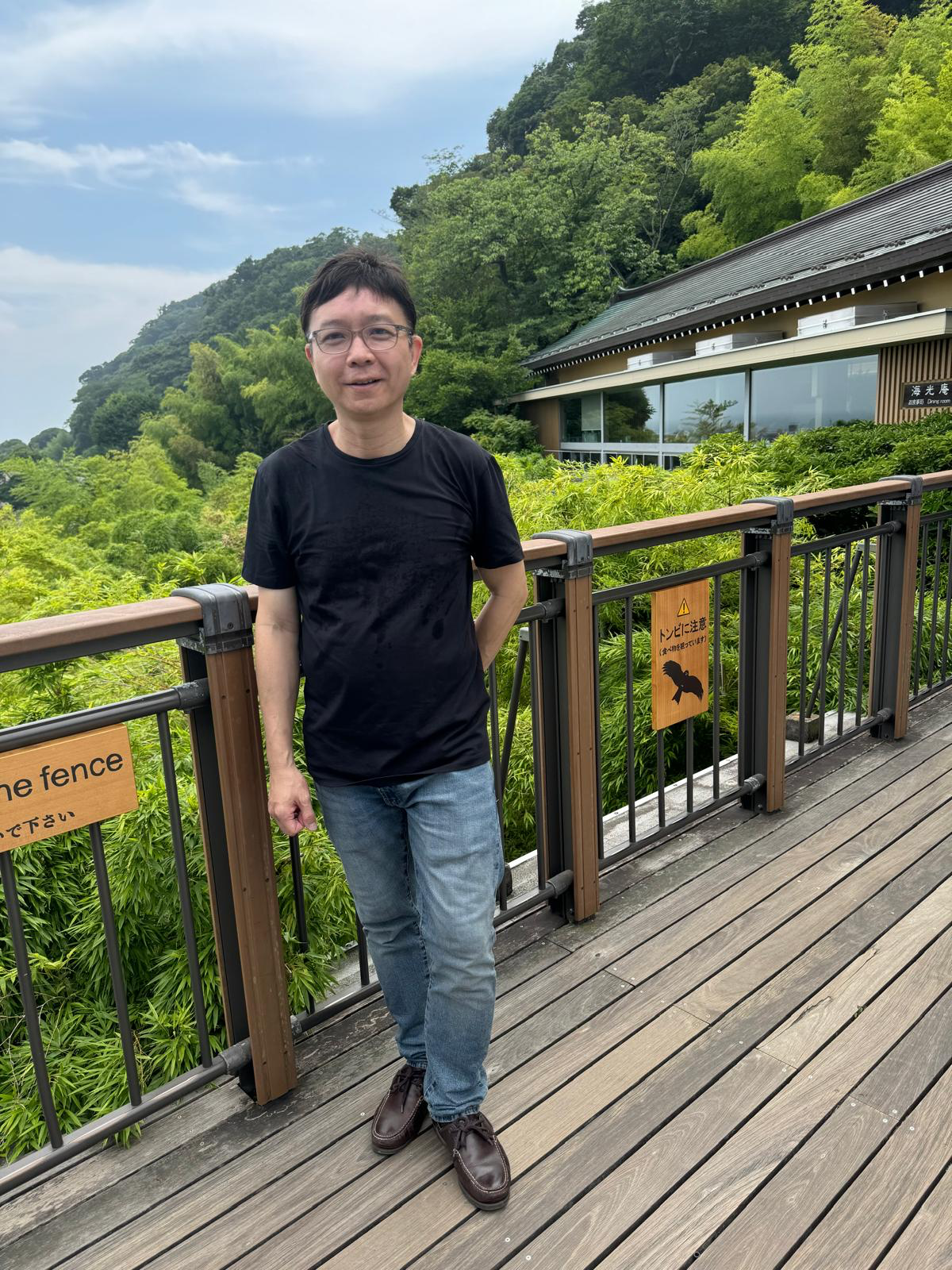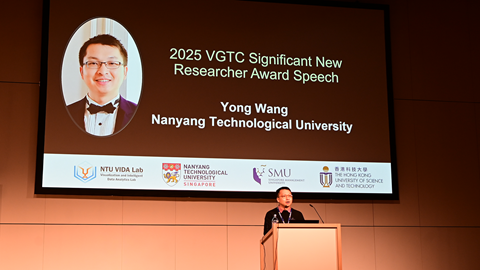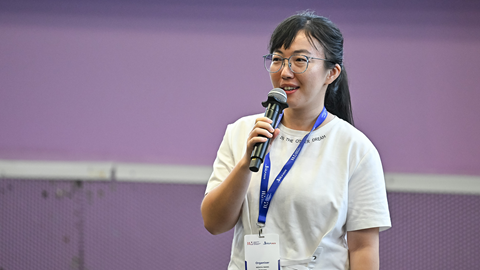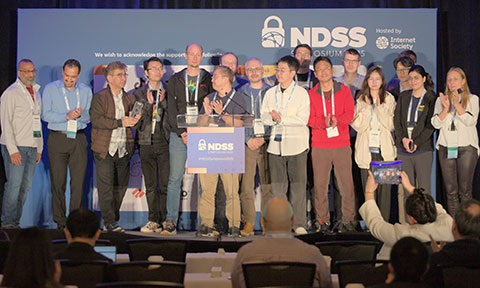Teaching That Matters: Prof Ong Yew Soon on Real-World Impact and the Future of Computing Education
What does it take to build AI talent that’s ready for an uncertain future? According to Prof Yew-Soon Ong, President's Chair Professor of Computer Science at NTU's College of Computing and Data Science (CCDS), it starts with fundamentals, purpose, and a very real understanding of how technology affects people.
“We don’t just teach programming,” he says. “We teach students to think, to question, and to apply. Coding is not the goal – it's a tool. What matters is what you're building and why.”
Prof Ong has been with NTU for 23 years, and his teaching philosophy reflects both experience and evolution. In shaping the Bachelor of Computing in Data Science and AI, he focused on closing the loop between understanding and action: how students learn the math and models behind AI, but also how to use them meaningfully in real-world settings.

"Education must lead to something of value," he explains. "Whether it's solving a problem, improving a process, or designing a system – students should see the impact of what they build."
His approach blends rigorous technical training with scenario-based thinking. Whether it's through industry-linked projects, milestone-based reports, or cross-disciplinary hackathons, students are encouraged to test tools, assess limitations, and understand the moral weight of what they create.
Ethics, for Prof Ong, isn’t an afterthought. It's a compass.
"Ethics alone isn’t enough. We need to talk about morality – the internal anchor. AI governance will evolve, but students must know what’s right even when rules aren’t clear."
He also believes in the power of mentorship to nurture curiosity.
"These kids are smart. My job is to guide them to connect the dots, structure their thinking, and help them find joy in solving tough problems. When they get that sense of achievement, that's the real reward."
As AI continues to reshape industries and norms, Prof Ong remains committed to building graduates who are not just technically proficient, but also ethically grounded and intellectually agile.
His advice to future AI leaders?
"Be curious. Be open-minded. Persevere. And above all, think beyond the code."






